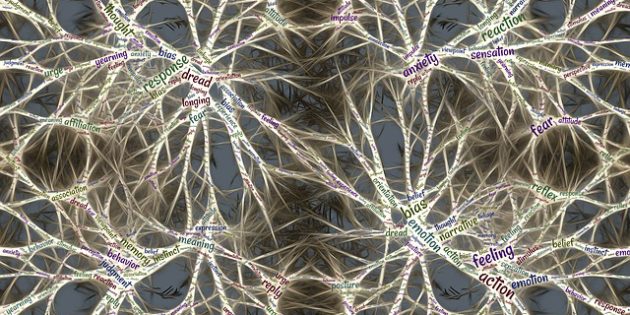I was listening to a very prominent neuro-scientist (MIWCs) on a tape programme I recently purchased who was talking about the aging brain and how the decline in mental performance that most people expect with age is not necessarily what needs to happen.
The cultural expectation of poor cognative functioning, together with the tremendous fear that the over 40s and 50s have with the possible onset of diseases like Alzheimers or Parkinsons, mean that many people automatically associate getting old with losing their marbles. They think it is normal.
I like Tony Buzan’s view on what most people consider as “normal”. Just because it is “normal” does not mean that it is “natural”. I heard Tony make that statement about the ability to be creative.
Most people, if asked, will correctly guess that the most creative people are young children and that the older you get the less creative you become. This he says is “normal” because of the environment we find ourselves in but it is not “natural” because you can become creative the older you get.
The same is true of our mental performance as we get older. It might be “normal” to expect it because we see so many examples of it around us but it is not necessarily “natural” (which incidently is another of Mr Buzan’s beliefs).
So why does mental performance decline with age in some instances? Well I am not going to even begin to suggest that I know the full and complete answer to that one, but there are a few contributing factors that I will make you aware of.
First of all there are the ravages of a life of high stress. The chemical abuses of our lifestyles (poor diet, alcohol, tobacco and drugs) are another factor. Poor exercise and emotional stresses are more contributing factors. And of course lack of use.
But this post is not about what causes a decline in mental performance. This post is to give you some hope and some suggestions about how to reverse “normality” and claim your “natural” birth right to good mental performance the older you get. Anyway back to the neuro-scientist I was telling you about.
He was saying that as a result of some experiments with rats, it was discovered that a stimulating and creative environment for a rat resulted in a much more richer set of connections within the brain.
This meant that the rats were less susceptible to the “normal” mental effects of aging seen in rats who lived in a boring and placid environment. He intimated that the richer and more stimulating the environment, the less chance there was of the rats developing “normal” mental aging.
He went on to say that this corresponded to his findings in the human brain. The more mentally stimulating the life, the less likely the person was to succumb to mental problems normally associated with old age.
He said that the more mentally active you are, the better it is for your brain. He also went to great lengths to say that variety was also very important because new ideas, new hobbies or new interests created new pathways in the brain. So trying new and varied things is one way to keep yourself mentally in shape.
So my questions to you are these:
How different was today from yesterday for you?
What have you ever wanted to try but have never gotten round to?
What could you do tomorrow that is completely different from anything you have ever done before? If all you can think of is having coffee for breakfast instead of tea then that is a great place to start!
So my advice to you is for you to try something completely new to stimulate your mind. Learning a new skill is a great way to do this, especially if it is something physical like learning to dance.
Take up yoga, learn a language, learn to paint, trace your family tree, collect toe-nail clippings (mmmm perhaps not) but hopefully you get the idea. By doing this you will be stimulating your mind and making new connections in the brain which can only be a good thing.
Let me know what works for you.
